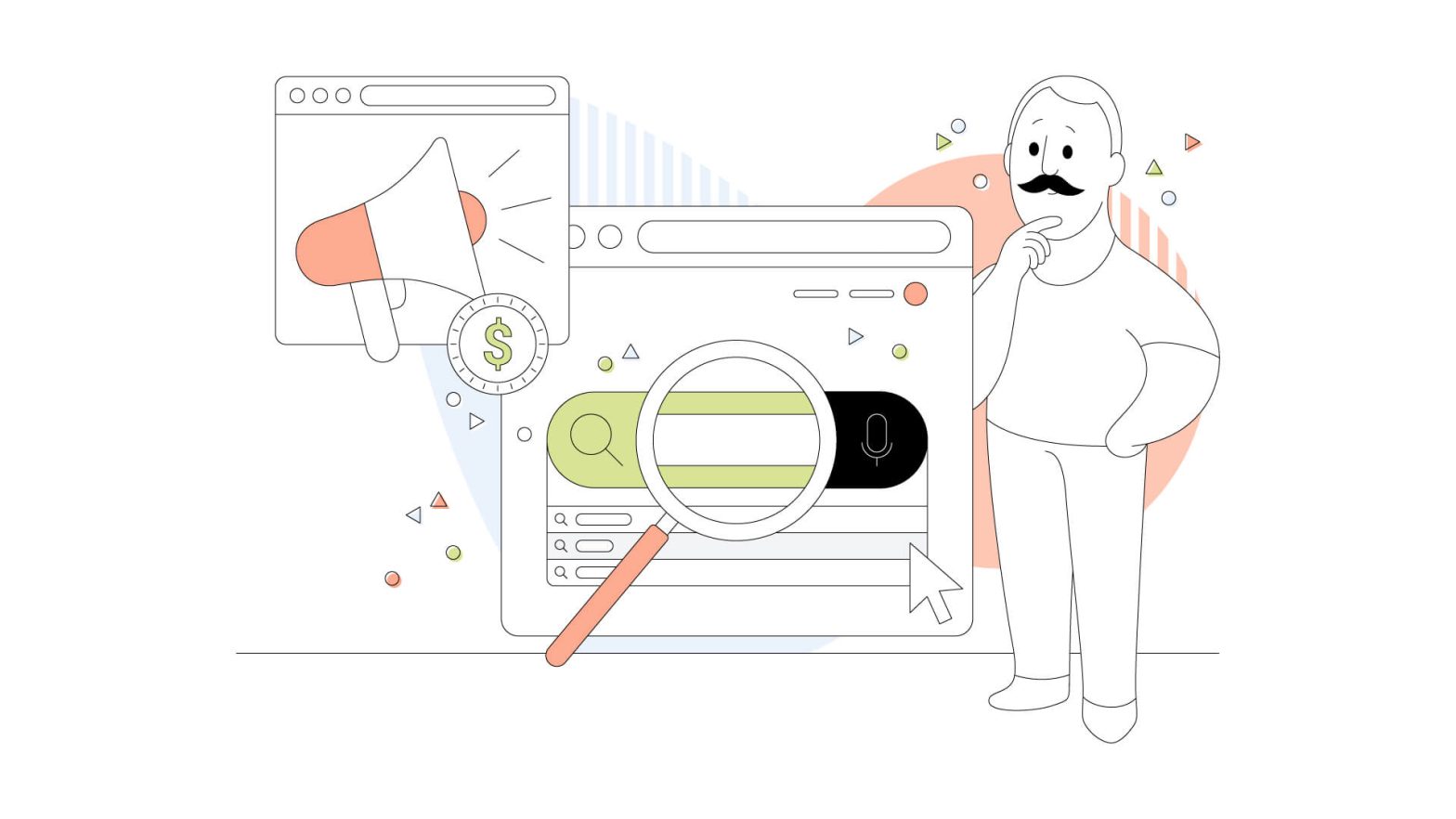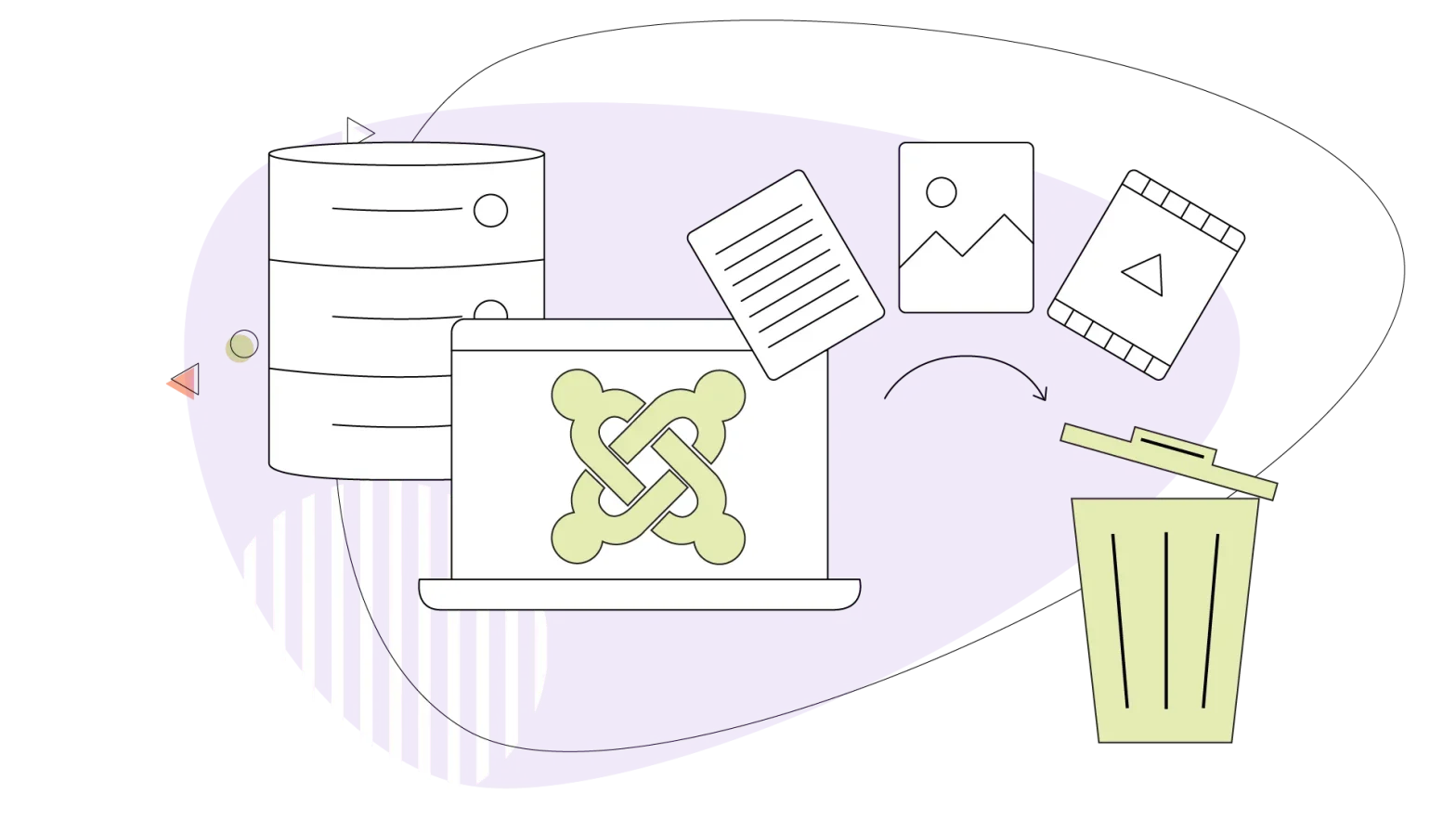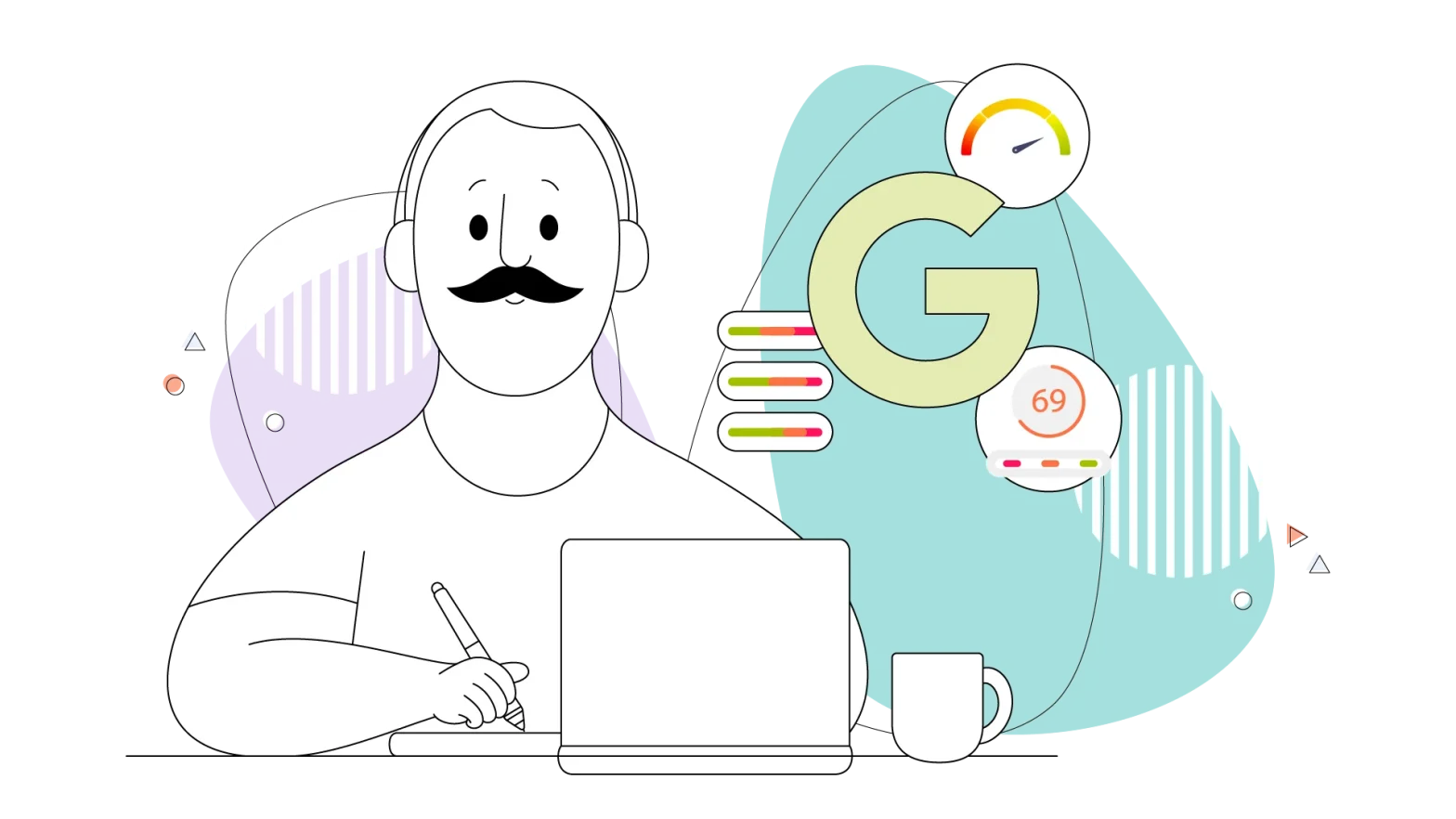When you ask a business owner about the top priority for their business, their answer would likely be increasing its visibility to potential customers.
This works both in the real world and the digital world.
Offline, businesses tend to choose a central location to attract more foot traffic. Similarly, in the online world, paid advertising and SEO can help drive more traffic to your website.
In this HostPapa blog post, we’ll guide you through the process of paid advertising, also known as pay-per-click advertising or PPC, and the well-known search engine optimization, simply referred to as SEO.
This will act as your guide to picking a side (or choosing both to gain significant advantages to your brand’s success).
- The Power of Paid Advertising (PPC)
- The Long-Term Game: SEO for Sustainable Growth
- Paid Advertising or SEO? Finding the Right Balance
The Power of Paid Advertising (PPC)
Paid advertising is a brilliant way to increase brand visibility and get more visitors to your website. The most popular type of advertising is pay-per-click (PPC).
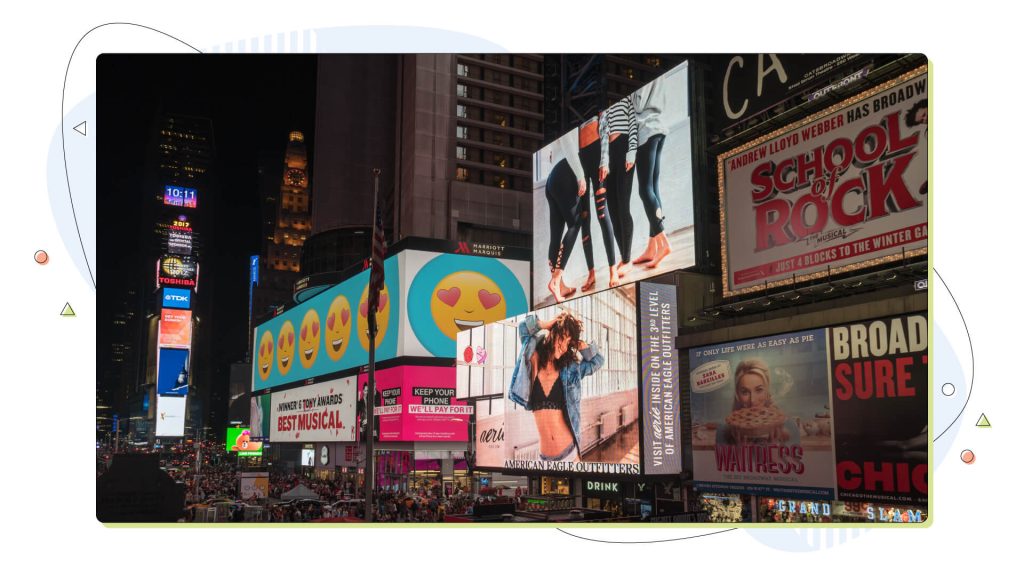
PPC, or pay-per-click, is an online advertising model that drives immediate traffic to a website. Advertisers pay a fee each time their ad is clicked and have the ability to set a budget and target keywords related to their desired audience.
The most popular PPC platform is Google Ads, which allows you to easily create ad campaigns that are targeted to specific keywords and demographics.
For small businesses, a PPC campaign offers a number of advantages. It’s cost-effective and can be scaled up or down as needed, depending on budget.
Additionally, PPC campaigns can be tailored to target specific audiences, allowing for a more direct approach to reaching potential customers.
For instance, most PPC platforms like Google Ads or Microsoft Ads use their own search engines for ad placement, and when a user searches for a relevant term, your ad will appear in the top spots.
In contrast, X (formerly Twitter) and Facebook use social media ads to show an advertiser’s content to other social media users.
With the high popularity of social media platforms, ad spend has been significantly growing. They have become substantial paid ad platforms and a golden opportunity for many businesses, targeting local and worldwide customers.
The popularity of social media is more evident when we see the PPC ads platform market share.
While Google dominates the field with 27.1% according to statistics, Meta (Facebook) and Amazon are trailing behind with a vast 19.5% and 12.9%, respectively – both strong numbers that can’t be neglected.
The Long-Term Game: SEO for Sustainable Growth
When it comes to establishing a new business or media, utilizing PPC can be beneficial, but it’s also important to focus on improving SEO, which is the organic exposure of your business.
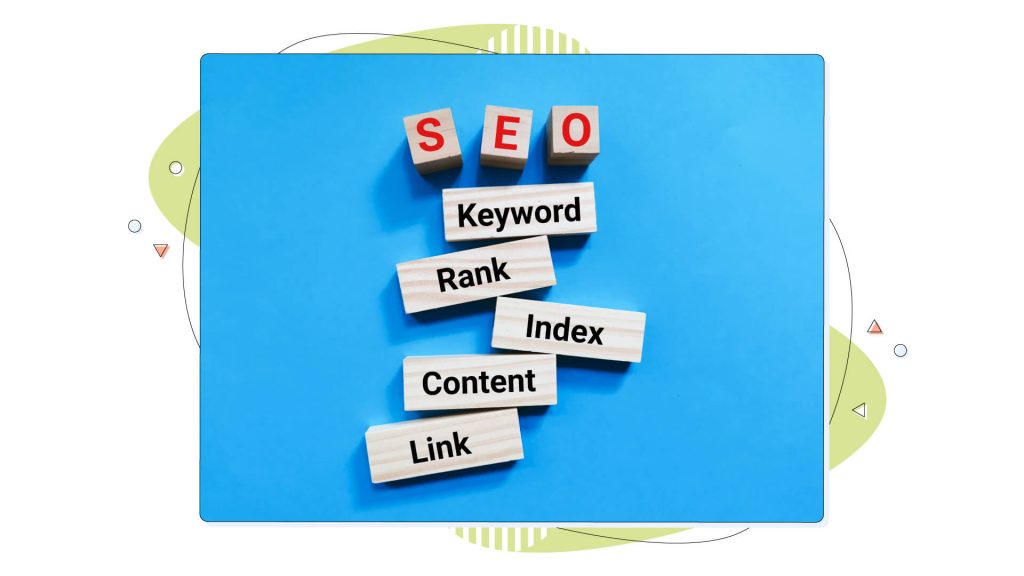
Search engine optimization (SEO) is the process of enhancing a website’s visibility on search engines like Google.
According to studies, organic search results receive almost 90% of clicks. Also, the majority of organic traffic comes from the first page of search results pages.
Investing in SEO is like planting a seed that will eventually bear fruit through increased online exposure. Although the benefits may not be immediately apparent, it’s a wise, low-risk investment that always pays off in the long run.
Every new website owner should go through and optimize their website with the best practices and SEO basics. Even a reliable web hosting provider is among the crucial components of a strong SEO.
Content optimization involves crafting high-quality, relevant content that aligns with user intent and incorporates targeted keywords. Search engines reward websites that provide valuable content with higher rankings.
Backlink building, acquiring links from reputable websites, enhances a site’s authority and credibility in the eyes of search engines.
These crucial elements contribute significantly to SEO success, emphasizing the need for a well-rounded approach to sustainable online growth.
Paid Advertising or SEO? Finding the Right Balance
Each technique has its advantages and disadvantages; however, PPC and SEO can be used interchangeably for the best results.
By placing ads on social media and search engines, you boost your brand recognition and reputation, bringing more traffic to your website.
At the same time, optimizing your website with the right keywords and SEO best practices ensures you lay the foundation for a successful business.
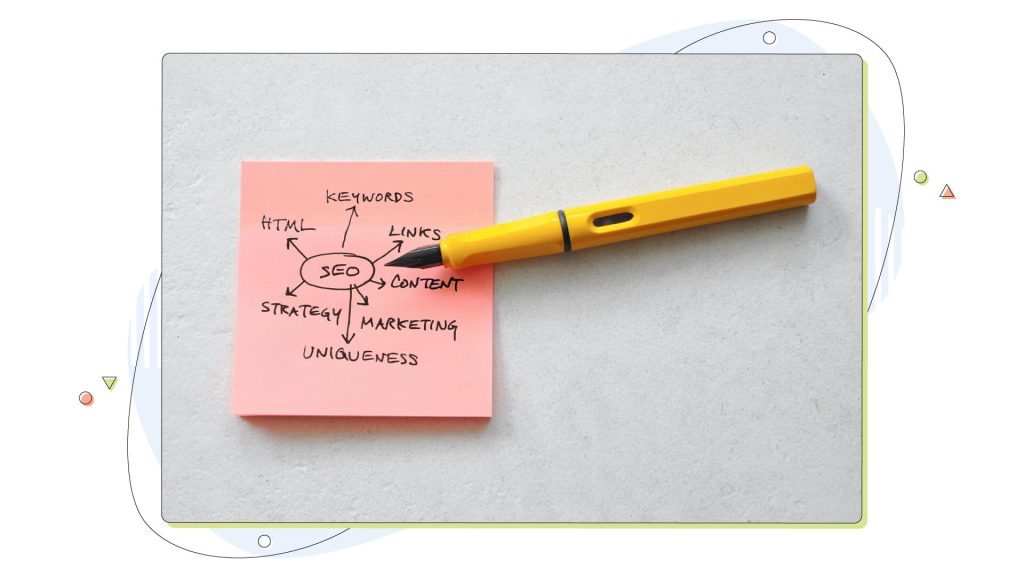
How to Balance Both Channels Effectively
Imagine you run your eCommerce. You know that timing is crucial.
So, utilizing PPC to promote flash sales, new product launches, or seasonal discounts gives your business higher visibility for these time-sensitive offers.
At the same time, invest in SEO to optimize product pages, enhance user experience, and secure the organic topmost positions in search results.
Strike a balance by tailoring strategies based on product categories – high-margin items may benefit more from PPC, while SEO could spotlight your store’s unique selling propositions.
Some recommendations for eCommerce store owners:
- Begin with a PPC digital marketing strategy
- Slowly shift to an SEO strategy with perhaps a blog
- Use PPC for time-sensitive promotions
- Measure your PPC and SEO performance regularly to balance your budget
On the other hand, for a news website or blog, the weight leans more in favour of SEO, but it all depends on the specific goals, content strategy, and the nature of the audience.
For a news website or blog, we recommend the following:
- Use PPC to jumpstart your traffic flow
- Focus on SEO, long-form, well-optimized articles
- Focus on evergreen content that stays relevant for longer
- Use PPC to promote time-sensitive content
Final Touches
So, let’s recap what PPC advertising and SEO mean for your business and which one you should focus on: search engine and social media advertising.
Both paid search ads – whether video ads, paid campaigns, Facebook ads, X ads, or other social ads – bring a wealth of benefits to your website and businesses of all types.
The same goes for SEO. Appearing higher up in organic search engine results makes it more likely for your target audience to find you.
- For small businesses: PPC provides immediate visibility, while SEO lays the groundwork for sustained growth. Balancing these strategies ensures a holistic marketing approach that caters to immediate needs and long-term brand building.
- For eCommerce ventures: The combination of PPC and SEO is akin to a dynamic duo. PPC drives swift sales during promotions, while SEO establishes your brand for lasting recognition. The synergy ensures a robust online presence that adapts to the ever-changing eCommerce landscape.
- For news and blogs: Whether breaking news or timeless articles, PPC offers instant exposure, while SEO creates a foundation for continuous organic traffic. The harmony between the two is vital for maintaining relevance in the fast-paced world of digital content.
An often overlooked but critical component of online success is reliable hosting services.
Your website’s performance, loading speeds, and website security are all integral to both PPC and SEO effectiveness.
As a parting note, you should take a closer look at your web hosting and upgrade your plan to Optimized WordPress hosting, Managed WordPress or even VPS hosting if your business calls for it.
In need of web hosting? Explore all the options on HostPapa.com and stay on the safe side of the internet!
For more interesting topics like this, head to our HostPapa blog.
